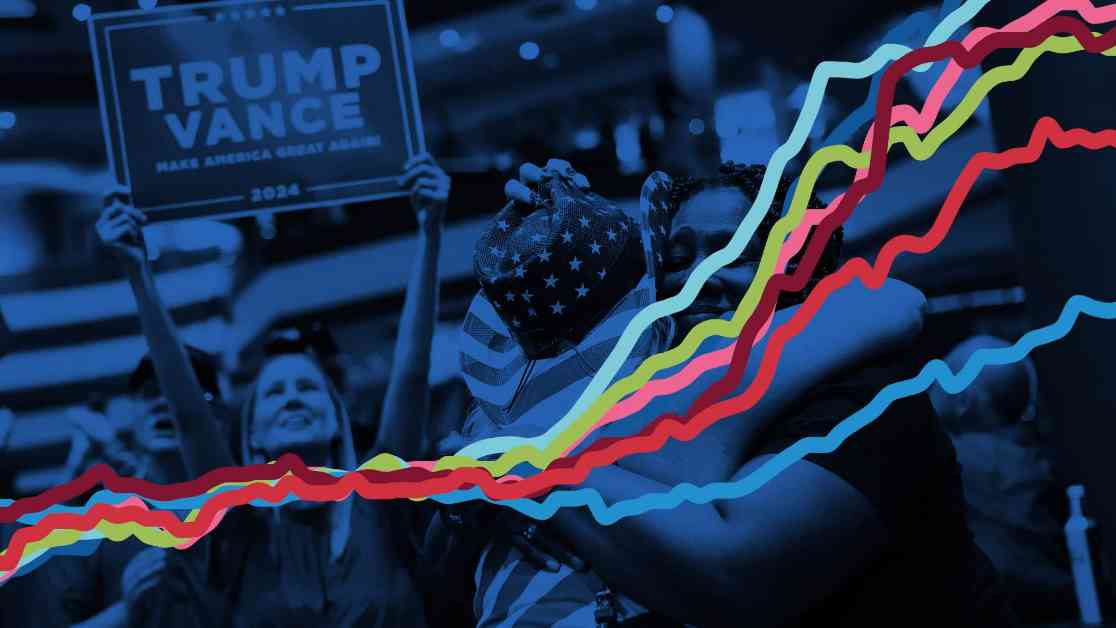Consumer outrage and political influence are closely connected when it comes to rising prices. As prices for goods and services continue to increase, consumers often feel the pinch in their wallets, leading to frustration and anger. This consumer outrage can have a significant impact on politics, as elected officials are pressured to address the issue in order to maintain public support.
When prices rise, consumers may feel that their standard of living is being threatened. This can lead to increased dissatisfaction with the government and calls for action to be taken to address the issue. In some cases, rising prices can even lead to protests and demonstrations, putting further pressure on politicians to respond.
In the political arena, rising prices can become a key issue in elections. Politicians who are seen as not doing enough to combat rising prices may face backlash from voters and struggle to secure re-election. On the other hand, politicians who are able to effectively address the issue of rising prices may gain support and improve their chances of staying in office.
In recent years, we have seen how rising prices have influenced politics in various countries around the world. From food and fuel prices to housing costs, the impact of rising prices on consumers is undeniable. As such, it is crucial for politicians to take the concerns of consumers seriously and work towards finding solutions to mitigate the effects of rising prices.
Overall, the connection between rising prices, consumer outrage, and political influence is clear. As prices continue to rise, consumers will demand action from their elected officials. How politicians respond to these demands can have a significant impact on their political futures. It is essential for politicians to address the issue of rising prices in order to maintain the trust and support of the public.






















